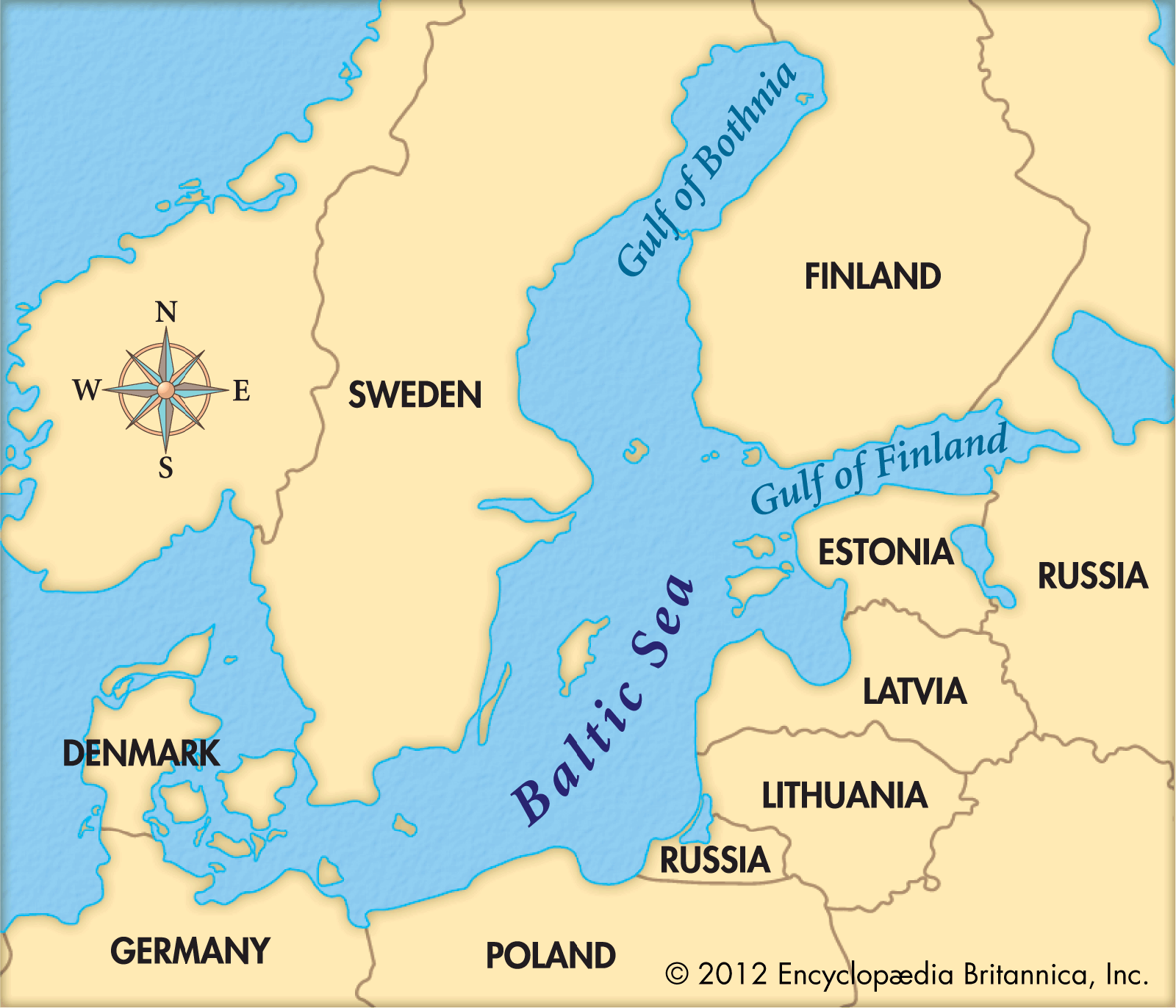The German government intends to strengthen its military presence in the Baltic States by stationing a brigade in Lithuania.
This move is part of NATO’s “enhanced Forward Presence” (eFP) and “enhanced Vigilance Activities” (eVA) initiatives.
Around 4,000 German soldiers and their families will be relocated to Lithuania, effectively establishing a German military base on NATO’s eastern flank.
The process began in 2014, and since 2017, Germany has stationed a battalion in Lithuania under the eFP.

Concrete preparations started in 2022 with the Forward Command Element (FCE) under the eVA, which can quickly expand to brigade strength.
The FCE acts as a liaison between the German brigade and the Lithuanian armed forces.
The FCE has conducted joint exercises with Lithuanian troops, progressively increasing their intensity.
The recent “Griffin Storm” exercise involved over 1,000 German and Lithuanian soldiers participating in joint operations against simulated enemy forces.
These exercises aim to enhance cooperation and address the perceived threat from Russia.
Controlling the Baltic Sea is strategically vital for both Russia and NATO.
The Baltic region has gained prominence in NATO’s planning since the 2014 Maidan protests in Ukraine.
Germany’s military presence in Lithuania aims to bolster NATO’s ability to block or disrupt Russian use of the Baltic Sea in the event of a conflict.
Germany not only seeks military influence in the Baltic Sea but also aims to lead NATO maritime operations in the region through its naval command in Rostock.
However, backed by the United States, Poland also desires a leadership role.
To address this competition, Germany initiated the 3+3 format, which includes force providers Germany, Canada, Great Britain, and the three Baltic states, excluding the United States and Poland.
The leadership contest among allies poses a challenge to implementing NATO’s new force model.
In summary, Germany’s plan to station a brigade in Lithuania demonstrates its military influence in the Baltic States and reinforces its role as a key player in the strategically significant Baltic region.
The ongoing struggle for influence and disputes over leadership within NATO shape the evolving geopolitical landscape in the area.
With information from German Foreign Policy

